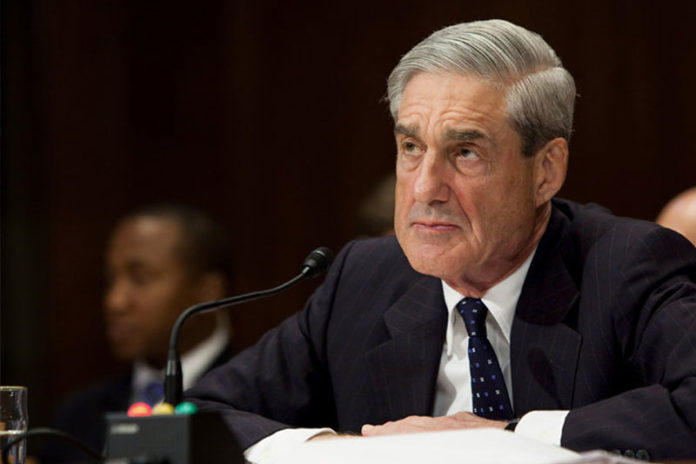Rather than jump into the media-led free-for-all clamoring for President Trump to be indicted or impeached (or both) based on the latest court filing by Special Counsel Mueller or the U.S. Attorney’s office in New York, let’s step back for just a moment.
It might behoove all sides to consider matters as weighty as these, by at least glancing at relevant historical and legal precedents. In so doing, two cases come readily to mind: the 1998 impeachment of former President Bill Clinton and the 2012 prosecution of former Sen. John Edwards. Such a review would urge caution, rather than the headlong rush to judgment that appears as the default to which so many in the media and political arenas are today drawn.
While a Member of the House of Representatives in 1997, I introduced the first formal resolution directing the Judiciary Committee to inquire into whether there were grounds for impeachment against Clinton. This move followed mounting evidence that his Administration had violated a number of federal laws, including most importantly, those designed to protect against foreign government contributions to a U.S. presidential campaign, and guarding against disclosure of national security-related technology to a foreign government.
Late the following year, after extensive hearings by the Committee and a vote by the full House, Clinton was impeached on two counts of perjury and obstruction of justice. While these articles of impeachment were unrelated to those that precipitated my initial inquiry, they nonetheless were based on solid evidence establishing the elements of well-known federal criminal laws – perjury and obstruction.
The Committee did not simply throw a handful of spurious charges against the wall hoping some might stick. Sure, charges of obstruction of justice and perjury lack the panache of “Russian collusion,” or the tabloid drama of hush money paid to adult porn stars. But by focusing on precise violations of specific laws that were commonly used and widely understood, the House constructed a successful case against Clinton leading to only the second impeachment of a sitting president in American history.
Many of Trump’s accusers (like those who went after Edwards) are basing their case on alleged violations of federal campaign financing law which, unlike the well-understood and time-tested nature of crimes such as perjury and obstruction of justice, are a convoluted mess.
It is one thing to levy a civil fine against a federal campaign for violating a reporting requirement hidden within the labyrinth federal campaign finance laws. Building a criminal prosecution or an impeachment of a sitting President for such a violation, however, is perhaps only slightly easier than constructing a house on a foundation of quicksand. This is exactly what prosecutors discovered at the end of the day six years ago in the Edwards prosecution. Fitting the round peg of personal hush payments by Edwards to a former mistress, into the square hole of federal campaign law violations, did not convince a jury then; and nothing since is likely to have changed this calculation.
That federal jury six years ago did not acquit Edwards because they misapplied federal campaign laws. They found him not guilty because federal campaign laws were not then and are not now intended to or designed to criminalize such personal behavior, no matter how distasteful.
The Edwards case illustrates the inherent shortcomings of federal election laws when used to punish “bad behavior.” The handwriting was on the wall for anyone who cared to study the genesis of our modern federal election financing laws in 1975 – a response to the corrupt 1972 Nixon reelection campaign; in which huge amounts of money flowed surreptitiously into the campaign, and suspicious appointments flowed out.
The Federal Election Commission’s clearly defined and intended purpose was to bolster confidence in our country’s electoral process by setting campaign donation limits and requiring transparency; not to police “bad” or immoral behavior.




























